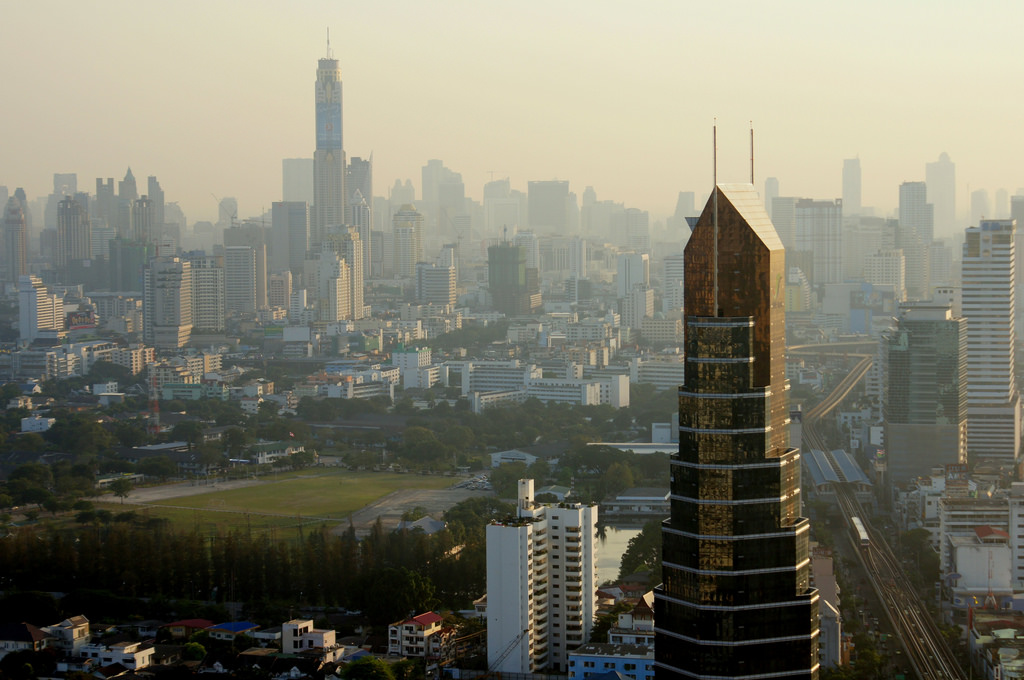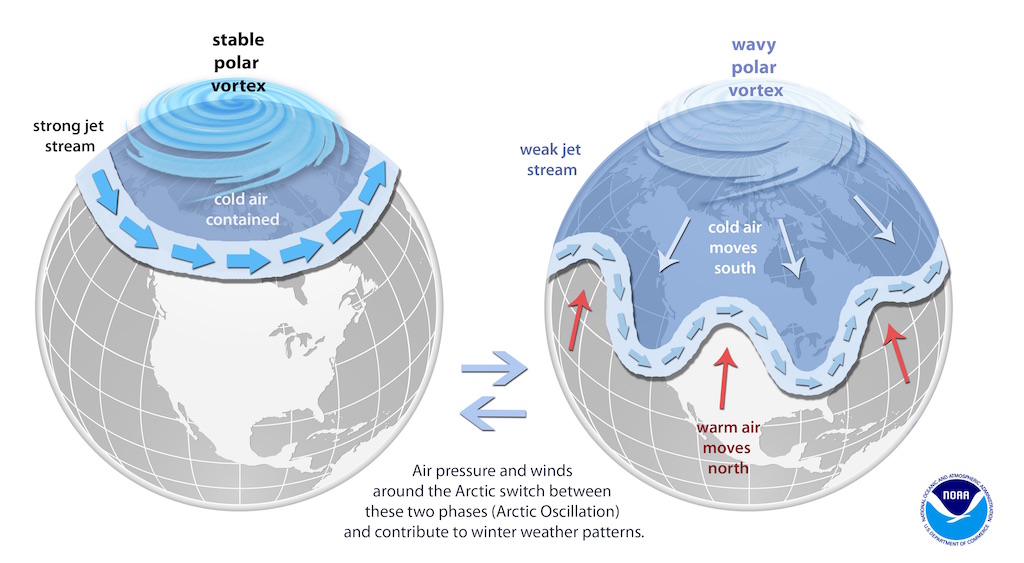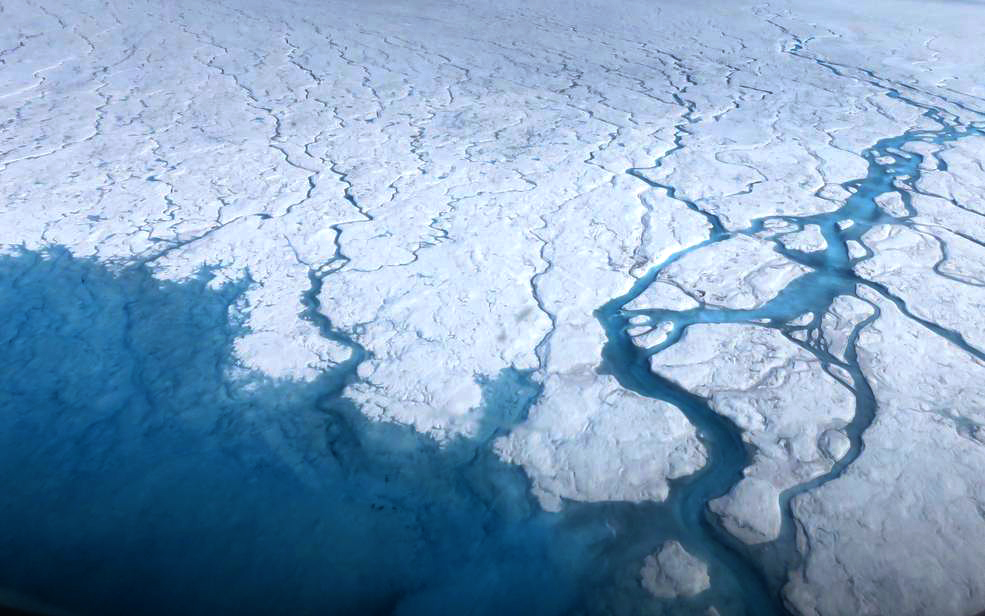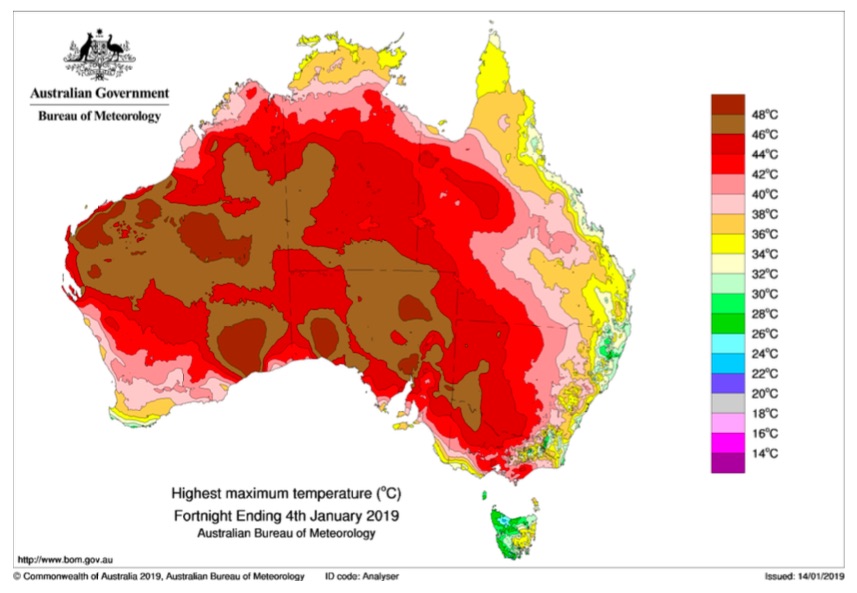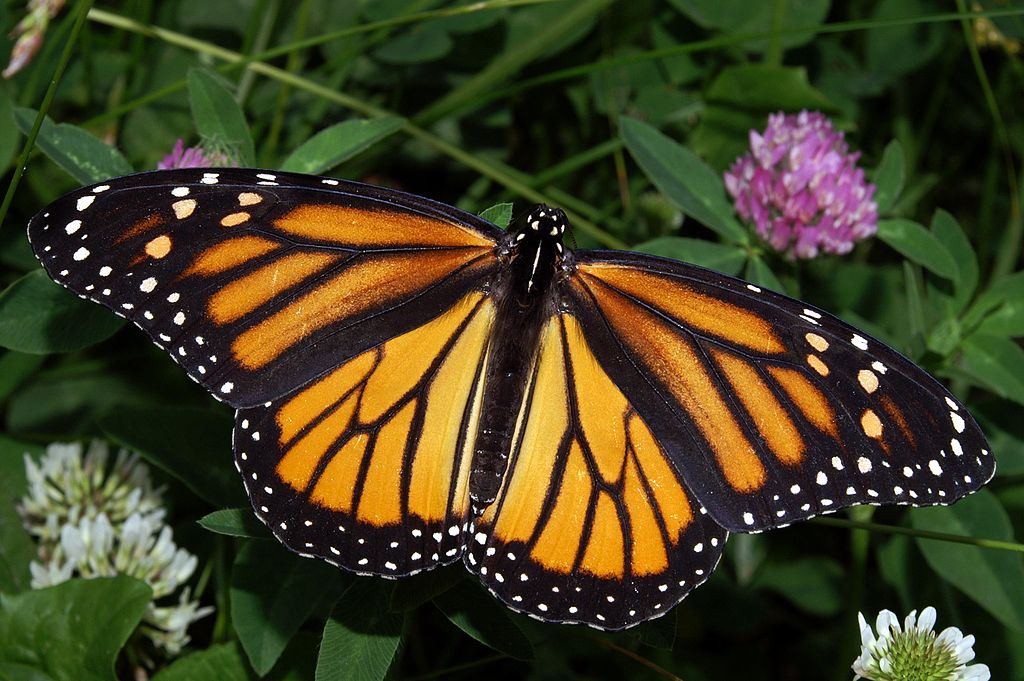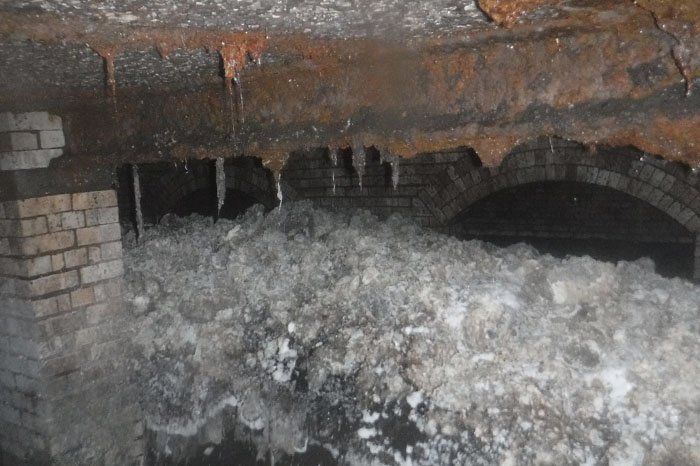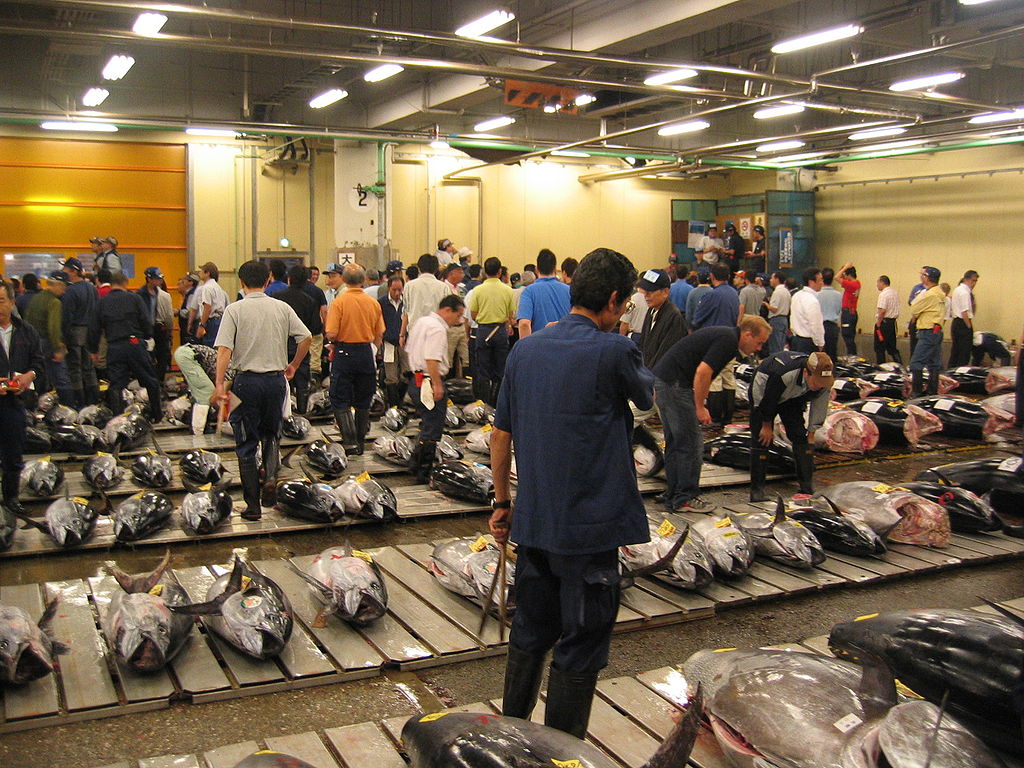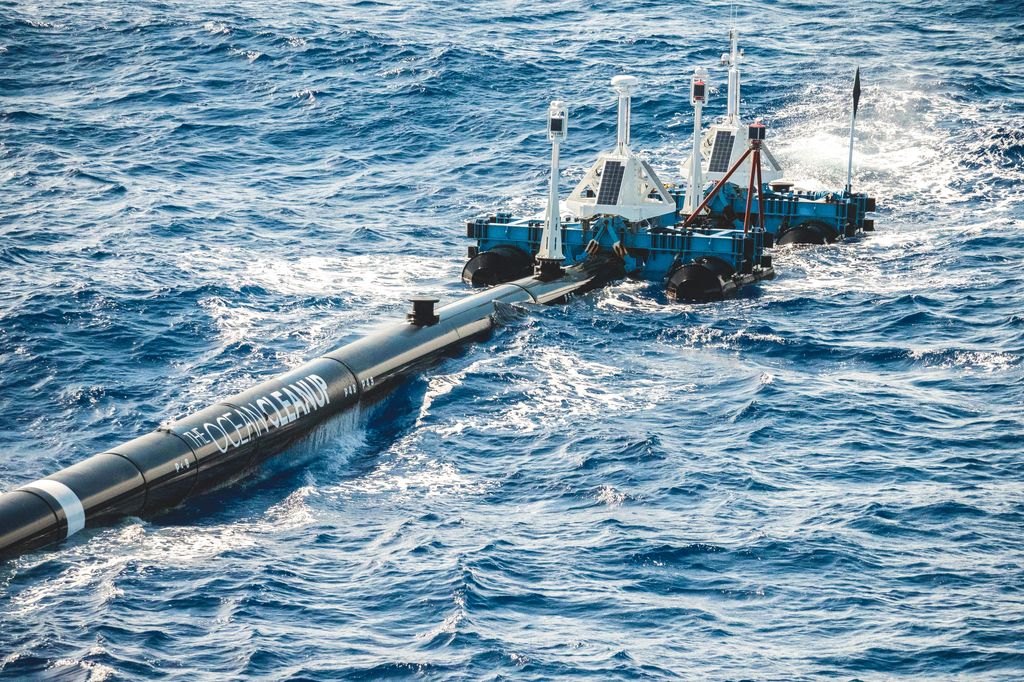Thailand's capitol, Bangkok, is struggling to deal with dangerous air pollution. On Wednesday, the city closed over 400 schools for the week and is spraying water to try to clear the air.
Published in “Environment”
A huge blast of extremely cold weather has swept into the central and eastern United States from the North Pole, bringing dangerously low temperatures made worse by strong winds.
Rising temperatures are warming the oceans and causing huge amounts of ice to melt faster than expected. Unless something changes, this melting will happen even faster in the future, causing large rises in sea level.
As Australia struggles with a record-breaking heatwave, people are staying inside and finding ways to stay cool. Animals are not so lucky. Fish and bats seem to be hit the hardest.
Every year, butterfly lovers in California go out in November to count monarch butterflies. The 2018 count had a very worrying result - monarch numbers had dropped by 86% since 2017.
The last person to spot land iguanas on the Galapagos island of Santiago was Charles Darwin - in 1835. Now they're coming back. Experts believe it will be good for both the iguanas and the island.
A water company in England has found a 210 foot (64 meter) "fatberg" blocking its pipes. The fatberg is a hardened mess of grease, oil, baby wipes, and other items. Removing it will take weeks.
Mina Guli has run 62 marathons - one a day since early November. She planned to run 100 to focus attention on the world's growing water problems, but now she's broken her leg and can't go on.
Whales and tuna have been fished so much that, unless their numbers are allowed to grow again, there may one day be nothing left to hunt. Still, Japan keeps hunting these animals.
In September, a group called Ocean Cleanup towed a huge floating screen out to sea. The screen was meant to clean up plastic pollution. Now the device is broken and being towed to Hawaii.
Beach areas on Java and Sumatra in Indonesia were hit by a strong and unexpected tsunami on Saturday night. The tsunami came quickly and without warning, killing at least 370 people and injuring close to 1,500.

